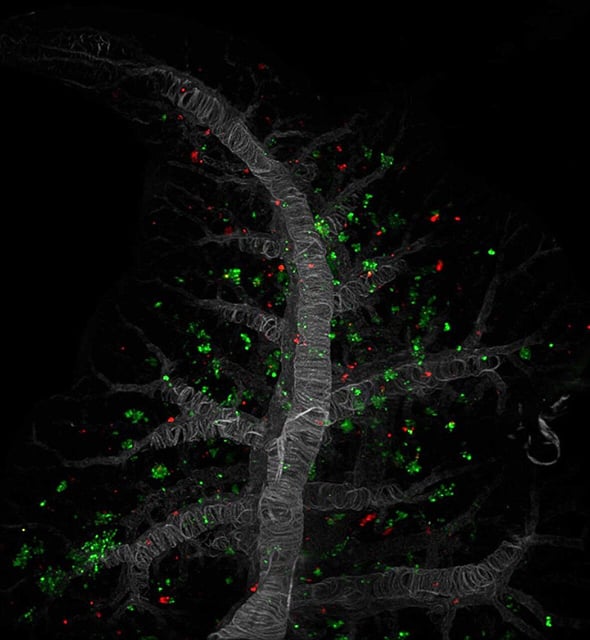Overview
- Scientists at UC San Francisco have discovered that the protein PCSK9 directs pancreatic cancer cells to metastasize preferentially to the liver or lungs.
- Low PCSK9 levels drive tumor cells to scavenge external cholesterol abundant in the liver, while high levels enable internal cholesterol synthesis and oxidative protection needed for lung colonization.
- Experimental overexpression of PCSK9 in liver-tropic cancer cells rerouted their spread to the lungs in preclinical models.
- Published May 21 in Nature with funding from NIH, NSF and the American Association for Cancer Research, the study illuminates how cholesterol metabolism shapes metastatic organ choice.
- Insights into PCSK9-mediated cholesterol acquisition point to a novel therapeutic target for combating metastatic pancreatic cancer.
